ABDULLAH ibn al-Mubarak (d. 181H) is one of the finest examples of excellence to have lived in our history. He was a scholar, worshipper, soldier, businessman and philanthropist – and he excelled in all these roles.
Allah had blessed him with wealth and Hajj was an occasion he would generously spend during for the pilgrims. Al-Khatib reports in his Tarikh:
“When the time for Hajj came, the companions of Ibn al-Mubarak from Marw would gather around him and say ‘Let us accompany you.’ He would then say, ‘Bring your finances’ and he’d take it and put it in a box, locking it safely. Then he’d go out with them from Marw to Baghdad and he would not cease spending on them and giving them the best of foods and sweet dishes.
“Then they’d leave Baghdad with the best of clothes and appearances until they’d reach the City of the Prophet (sallallaahu `alayhi wa sallam) where he’d say to each one of them, ‘What have your children asked that you purchase for them from the beauties of Madinah?’ They would say such-and-such thing (and he’s purchase it for them, one by one). Then they’d leave for Makkah, and when they’d fulfil their duties he’d say to each one of them, ‘What have your children asked that you purchase for them from the delights of Makkah?’ They would say such-and-such thing, and he would buy it for them.
“They would then leave Makkah and he never stopped spending on them until they reached Marw where he would decorate their homes and doors. After three days, he would hold a feast for them and clothe them until they ate and became delighted, then he would call for the box (which contained their wealth). He would then open it and give back every man his wealth, each with his name on it.” (Tarikh Baghdad)
Not going for Hajj one year
The above appears to have been his norm. However, in one particular year, he could not complete his journey and the story of what happened has left readers awe-inspired for over a thousand years.
In ‘Tartib al-Madarik’ Qadhi ‘Iyad mentions a particular incident concerning Ibn al-Mubarak as he was making his way to Hajj (pilgrimage).
He reports that ‘Abdullah entered Kufa and saw a young woman plucking a dead duck. Since it is impermissible to consume dead meat, he asked her if it was sacrificed. She replied that it was not. “Then why are you plucking it?” He said. She replied, “So that my family and I can eat it.” He informed her that it was not permissible to do so, and so she said, “Go away.”
In a narration mentioned by Ibn Kathir, she said, “My brother and I have only one piece of clothing. We have no food except what we find thrown in the dumps. Carrion has become permissible for us to consume for a number of days now (due to severe poverty). Our father was a rich man but his wealth was taken from him oppressively and he was killed.”
He asked regarding her family’s whereabouts and she informed him. He hired a man to take him there and when he found the house, he released his riding animal and gave it to the household along with all the goods that were on it.
In Ibn Kathir’s narration, it mentions that he handed over most of the money he had to the young woman (money that was provision for his Hajj), keeping only what was sufficient for his journey back to his land, Marw. He gave his provisions away to the impoverished family saying, “This is better for us than our (supererogatory) Hajj this year.”
When his companions returned from Hajj, they came to congratulate him on fulfilling his Hajj too. He said, “I did not go this year…” One of them said, “Subhan’Allah! Did I not leave my possessions with you whilst we were at Mina and on our way to ‘Arafat?” Another one said, “Likewise, didn’t you buy things for me?” He turned to them saying, “I do not know what you are saying. As for myself, I did not go on Hajj this year.”
Later that night, he had a dream wherein a voice called out to him saying, “Rejoice O’ Abdullah! Allah has accepted your act of charity and He sent an angel in your form to carry out the Hajj on your behalf.” (Tartib al-Madarik, by Qadi ‘Iyad. See also Al-Bidayah wal-Nihayah by Ibn Kathir)
Ref: Yahya, F. (n.d.). The Life Of Abdullah Ibn Al-Mubarak.
Limited free articles. Subscribe for full access.

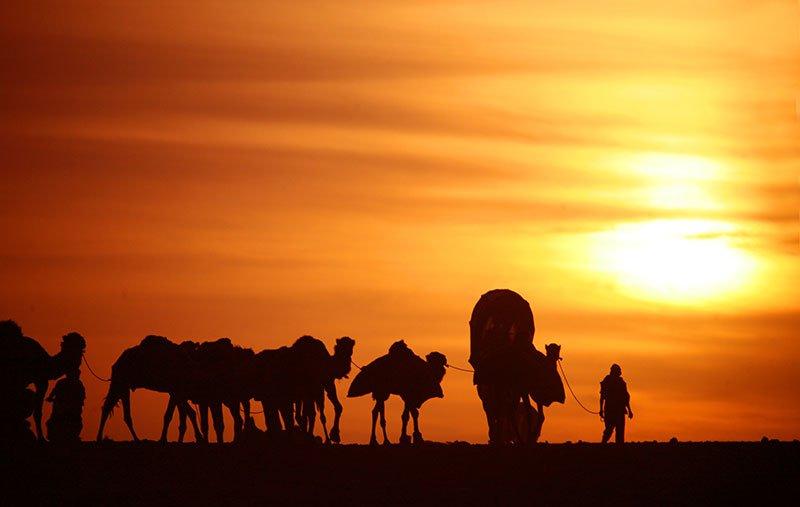
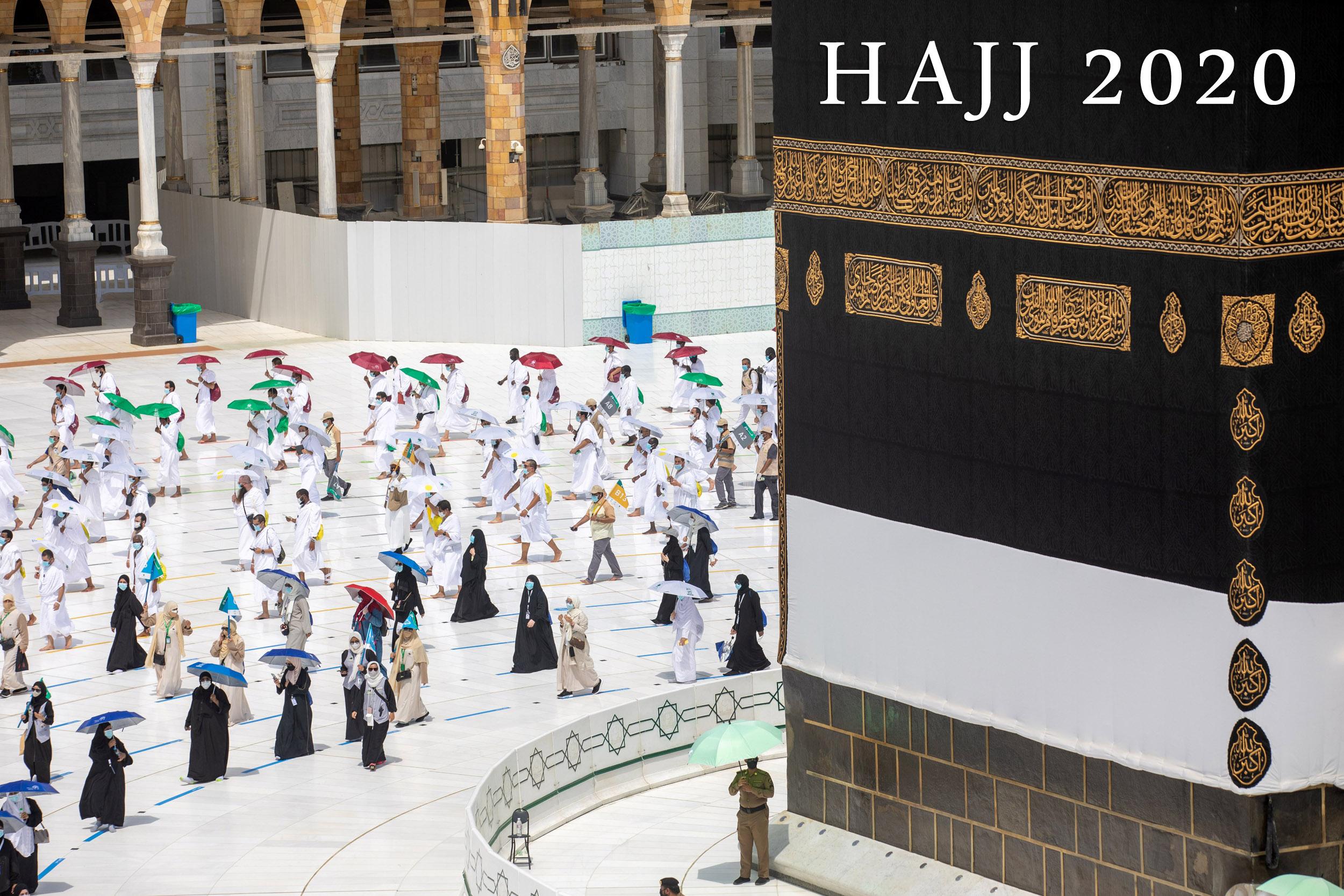
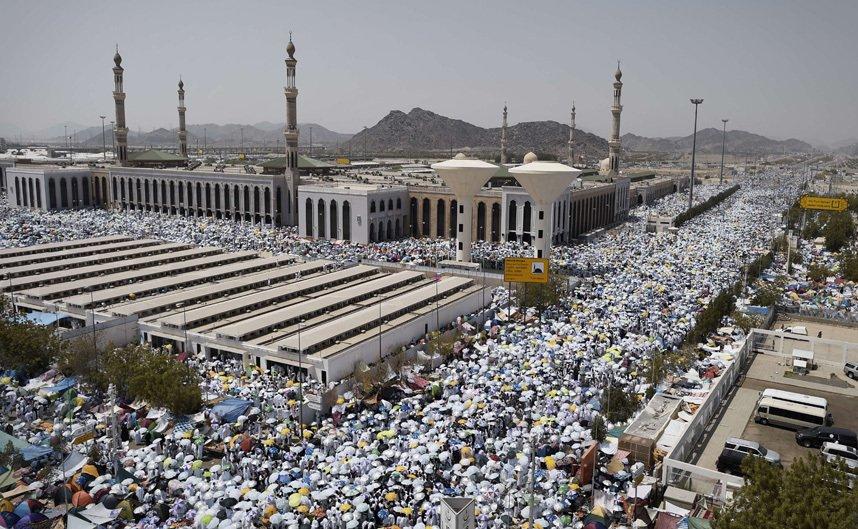
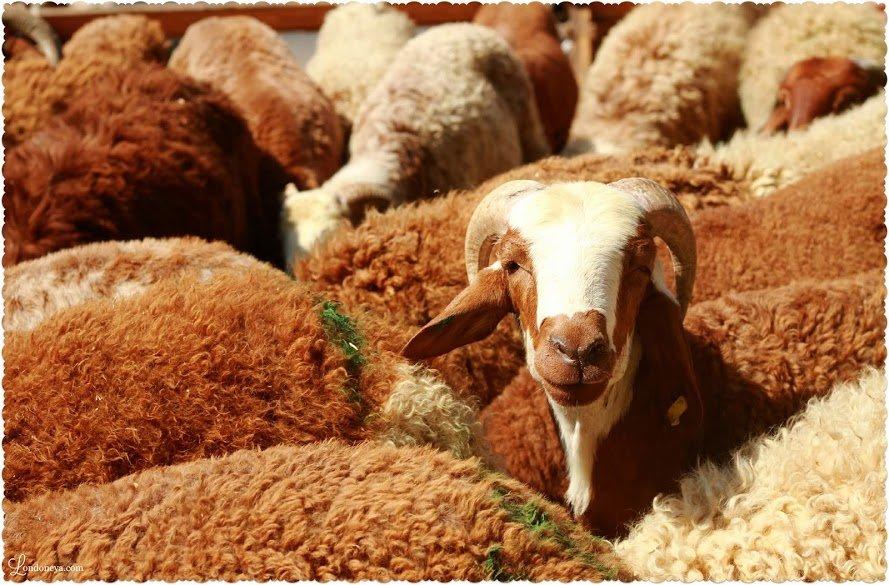
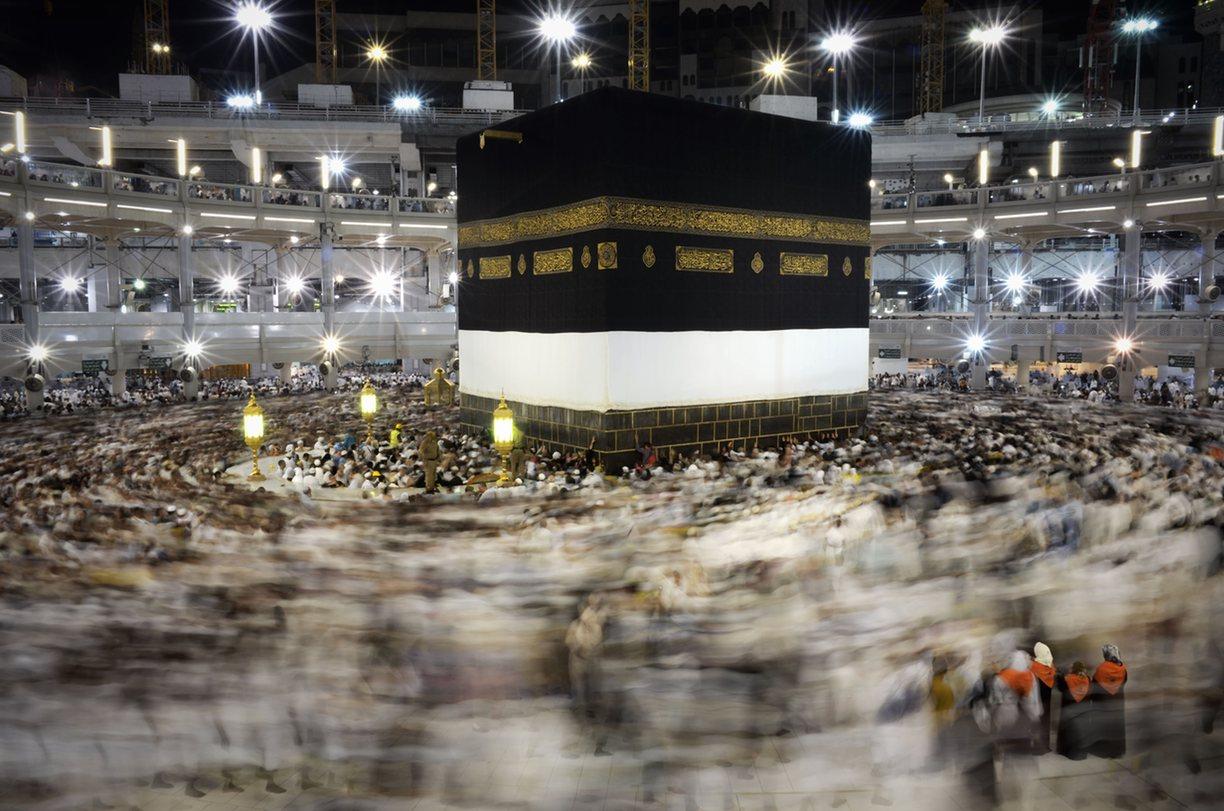
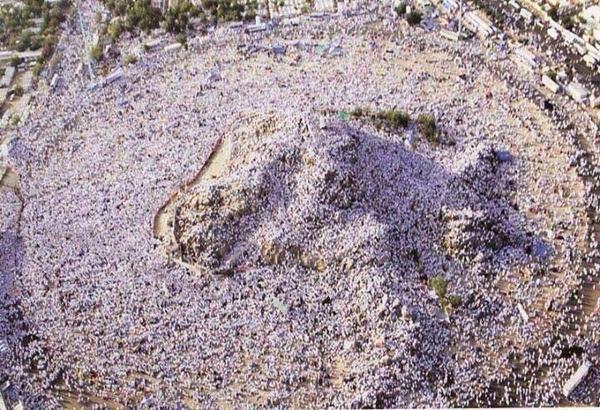

 Dr. Bilal Philips
Dr. Bilal Philips